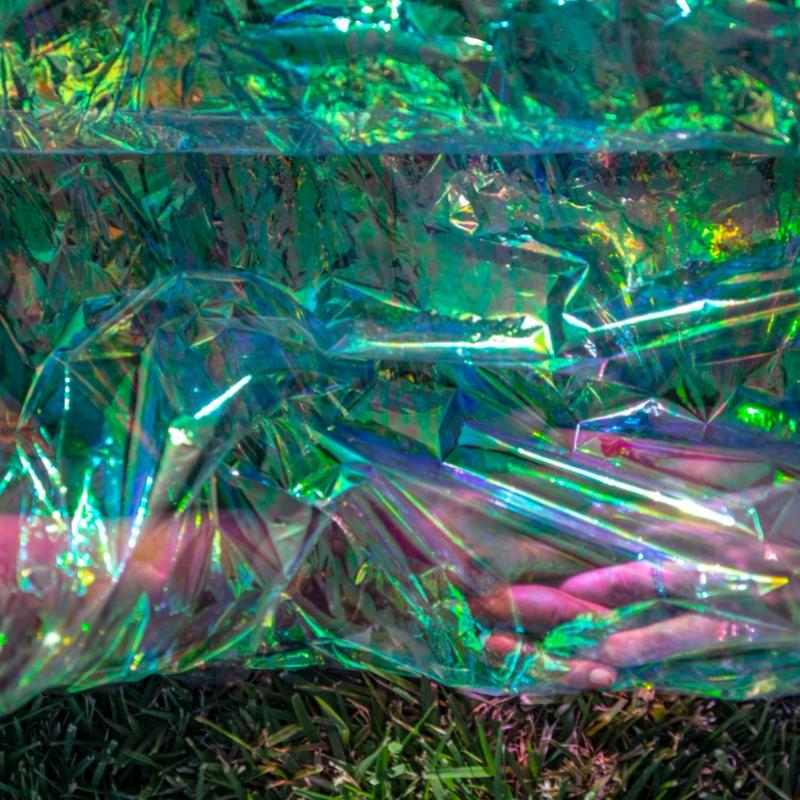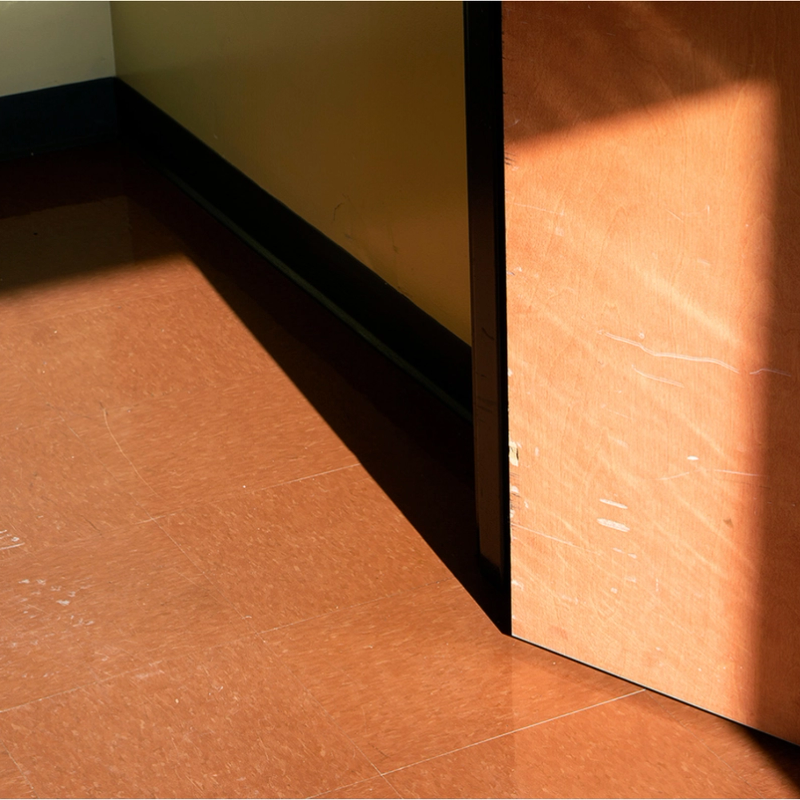Author’s Note
by Cleo QianI wrote this story thinking of stasis—of the feeling of being stuck, of your life stretching out emptily around you, your past, present, and future all an empty, featureless landscape with no landmarks or places you can go to.
It’s a feeling I noticed in myself and many of my peers as we navigated our mid to late twenties. During our school years, it was easy to feel a sense of progress with the marked passage of time through quarters and semesters and as we worked toward the goalposts of finals, a thesis, a degree—all milestones we diligently passed through in preparation for “real life.” But “real life,” once we got here, has no such goalposts. We are exploited by dream industries and disillusioned by dream jobs. Our endless hard work (unpaid internships, long hours, contractor positions) results in so much spinning of wheels; we are waylaid by medical bills, student debt, and impossible rent. The glut of online possibilities makes individual relationships splintered and disposable, and the ambitions and dreams we held slip ever further away, nebulous and ungraspable.
Many of the millennial conditions causing this lostness—the economic disenfranchisement, the reckoning with the cultural lies of productivity and achievement under capitalism—are well-documented elsewhere. I first drafted this story during a particularly stuck-feeling period of lockdown under Covid in which my personal and professional life were not just going nowhere but also regressing into teenagerhood. I spent countless hours rewatching anime series and following idol groups from ten years earlier.
In the story, my character N. feels this stasis and is so numb to her own life that she unconsciously seeks out situations that might endanger it. It’s like what Renata Adler wrote in Speedboat: “I think when you are truly stuck, when you have stood still in the same spot for too long, you throw a grenade in exactly the spot you were standing in, and jump, and pray.” In “Monitor World,” I was also compelled by the double bind of technological escapism: how screen life (in which there is conflict, plot, occasional connection, movement) can feel that much more vivid and real than the real life in which you are alone in a tiny room, living with roommates who are strangers, logging on to a job that produces nothing. I wanted to convey the feeling of disassociation from your own body produced by spending so much time in virtual spaces.
While writing, I conjured up the scenery of San Diego—the place where I grew up and with which I associate the Groundhog Day feeling of the seasons never changing and time standing still. I also once worked in a tiny airplane hangar in the desert as a spambot, one of the stranger jobs I’ve done in my life. And although this album was released after I had finished writing the story, I feel this story has a lot of kinship with Parannoul’s album To See the Next Part of the Dream. In the album note, the artist describes the feeling of being a disillusioned adult trapped in adolescence, and the music captures the slow, dreamlike days of nothing happening alone in your bedroom; the dull, angry grief of those unable to achieve the adulthood they were promised, which occasionally combusts into a spark.

